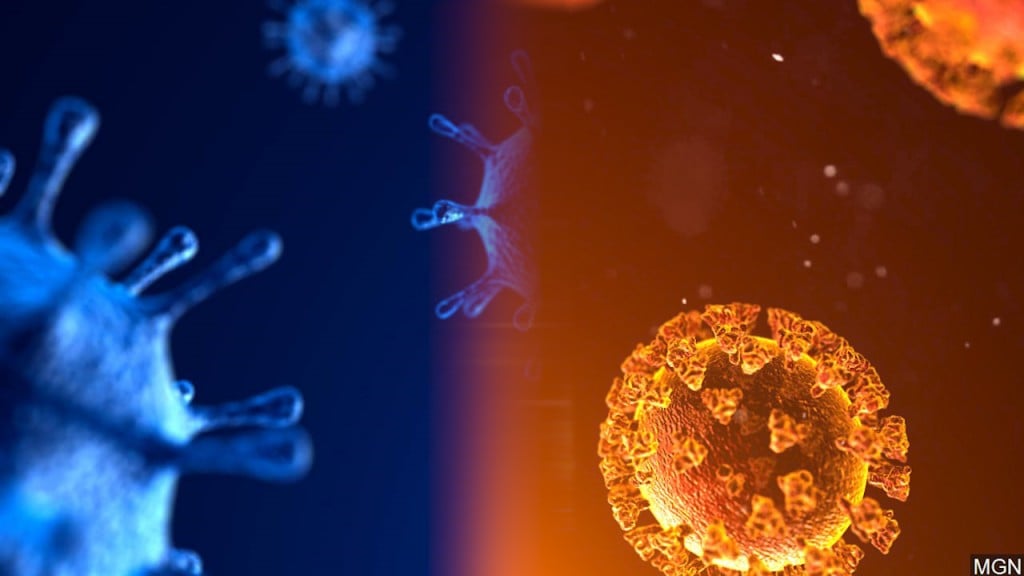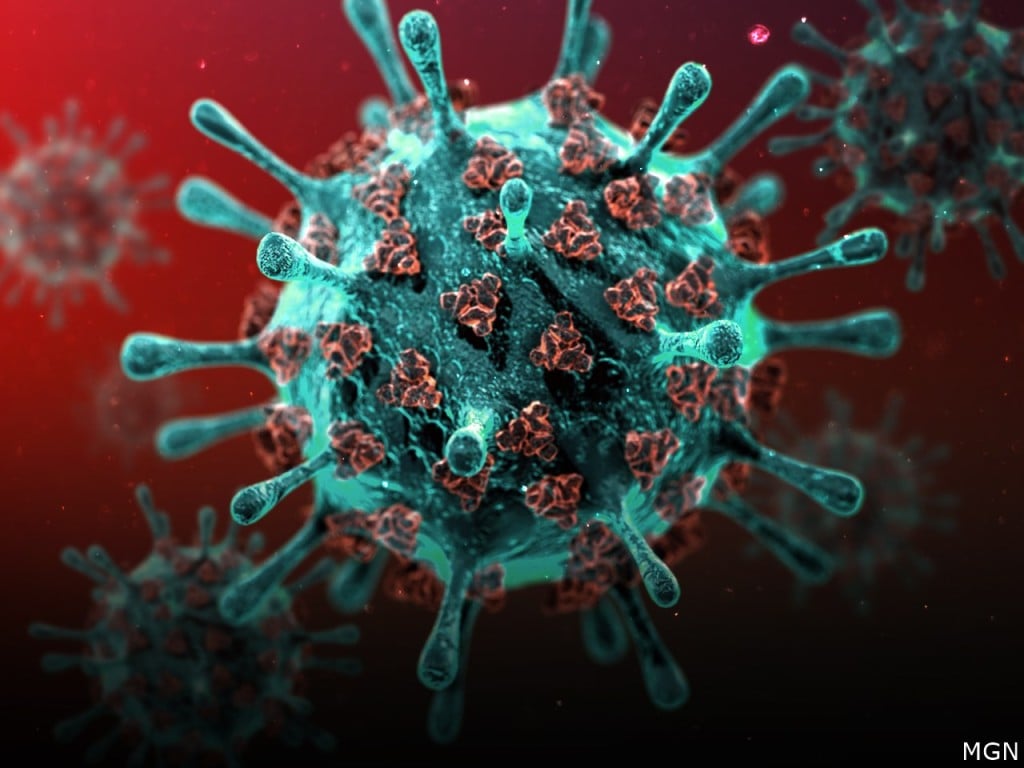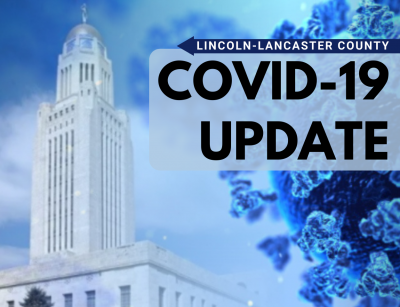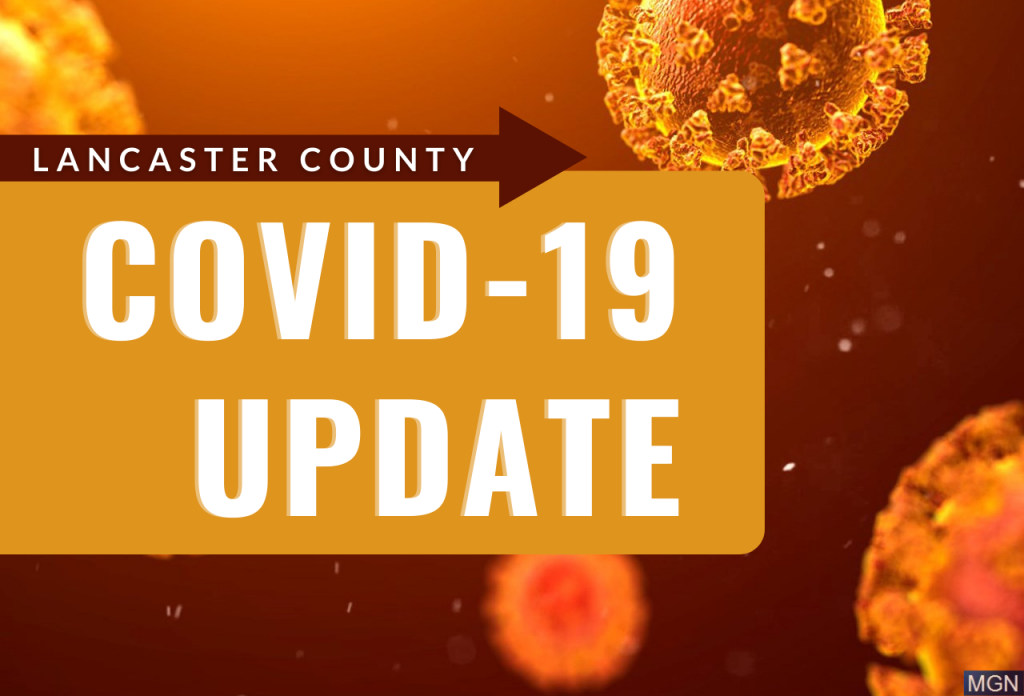Doctors say COVID-19 Delta variant poses most risk to unvaccinated
The Delta variant, which has been detected in Nebraska, is more transmissible and has different symptoms from COVID-19.
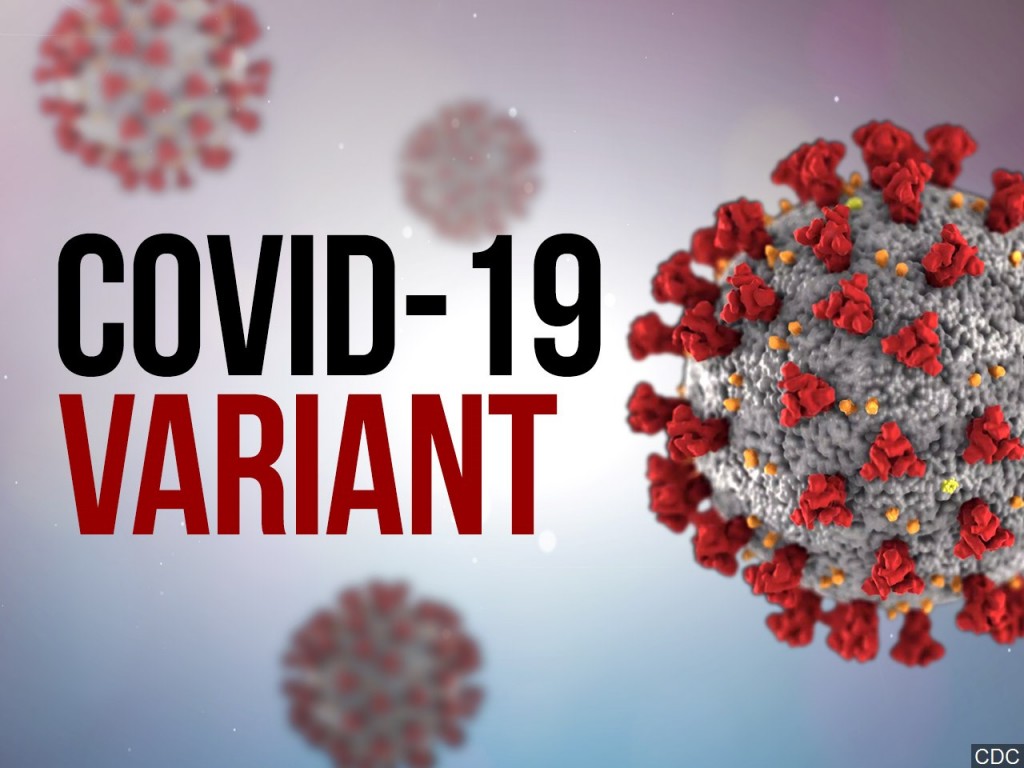
LINCOLN, Neb. (KLKN) – The COVID-19 Delta variant has been detected in Nebraska.
The Delta variant is a mutation of the original COVID-19 virus that originated in Asian countries.
One of the key differences between the Delta variant and COVID-19 is transmissibility.
“What we’re learning and what we’re hearing is that it can be more transmissible and more infectious,” Dr. Renuga Vivekanandan of CHI Health said.
The Delta variant is estimated to be 50 to 60 percent more transmissible than the original virus. Symptoms of the Delta variant include runny nose, headaches and diarrhea. Deep coughing and shortness of breath are less common symptoms of the variant as they were of COVID-19.
Doctors stress that the Delta variant poses most risk to people who are unvaccinated.
“People who are not vaccinated, they’re still at higher risk for developing severe infection, passing it on to others, and having bad outcomes,” Vivekanandan said. “So I think it’s really important that as many of us as we can get vaccinated and continue to wear a mask and do hand hygiene.”
Those who have been vaccinated have less to worry about.
“The vaccine protects us against all the different variants,” Vivekanandan said. “Even if we have a breakthrough infection, it might just be a mild infection.”
Experts expect that 20% of all COVID-19 cases in the U.S. will be the Delta variant. It has been detected in 46 of 50 states.
If you are having viral symptoms, it’s advised to isolate yourself as to not risk passing on any viruses.
